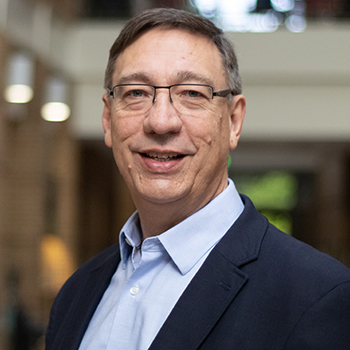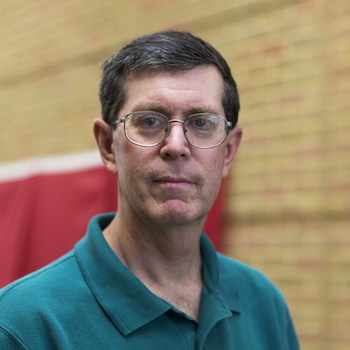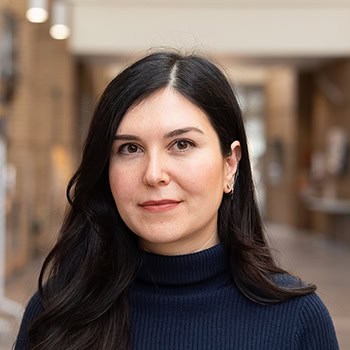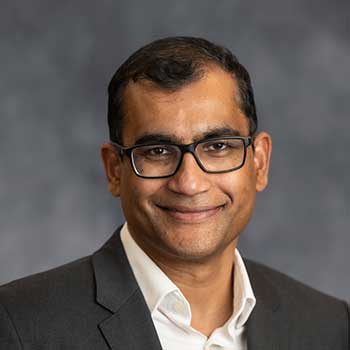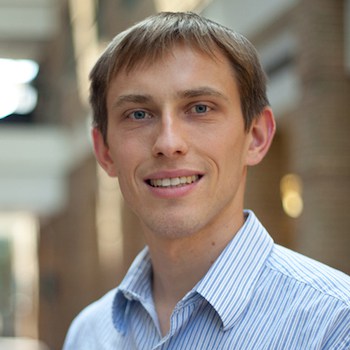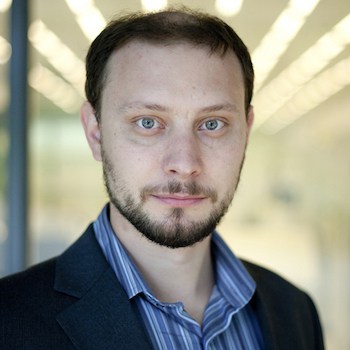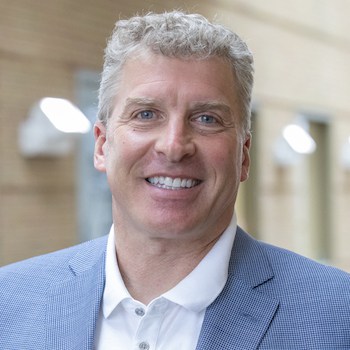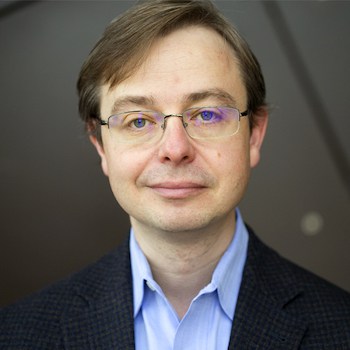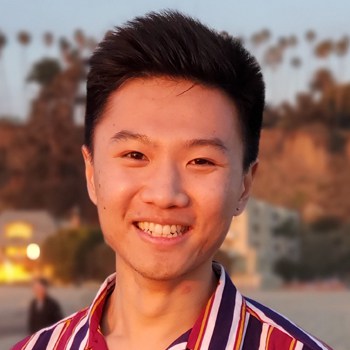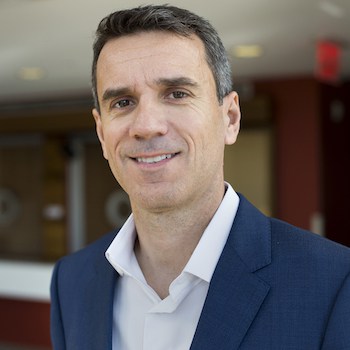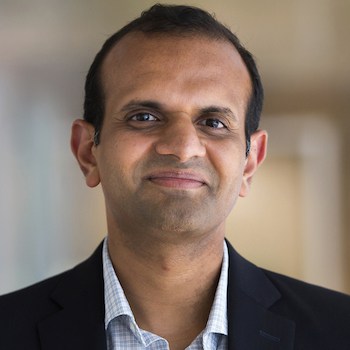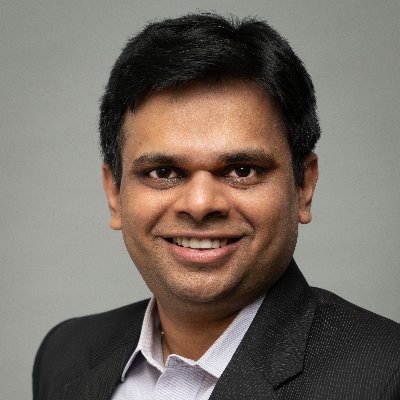Sustainable Aviation
Sustainable aviation is a multi-disciplinary field that seeks solutions to improve the environmental and societal impacts of air transportation. It aims to reduce aviation’s contribution to climate change through new practices and radical innovation. This specialization covers highly efficient aircraft designs, novel propulsion systems, green aircraft technologies, and energy-optimized flight operations to reduce aircraft energy consumption, noise, and emissions. Research applications include appropriate fidelity and system-level analysis of advanced concept aircraft, electrified and hydrogen-powered aircraft, sustainable aviation fuels, renewable and alternative energy sources, improved air traffic management, emissions, and noise.
At Michigan, research and education in this specialization draw from the expertise of other research areas such as aerodynamics, propulsion, systems design, computation, autonomous systems, controls, structures, and materials. This brings a holistic approach that accounts for the life-cycle impact of greenhouse gas emissions in the design, operation, and sustainment of new aircraft concepts. Michigan’s sustainable aviation research programs involve collaboration with the aerospace industry and government.
SUSTAINABLE AVIATION FACULTY
SUSTAINABLE AVIATION RESEARCH GROUPS
Active Aeroelasticity and Structures Research Laboratory (A2SRL)
Research areas: Multiphysics, multifidelity modeling, analysis, simulation (MS&A) of aero-servo-elastic systems; Multifunctional structural design and integration
Integrated Design of Environmentally-friendly Aerospace Systems (IDEAS) Lab
The Integrated Design of Environmentally-friendly Aerospace Systems (IDEAS) Lab is directed by Professor Gokcin Cinar. Research at IDEAS Lab aims to bring a holistic approach that accounts for the system-level and life-cycle impact of greenhouse gas emissions in the design and operation of unconventional aircraft concepts. Revolutionary technologies, such as electrified propulsion and hydrogen combustion, open up a new and exciting design space with many challenges and uncertainties.
At IDEAS Lab, we use physics-based modeling, probabilistic and statistical methods, and systems engineering principles to analyze, understand and design the complex system behavior of an aerospace vehicle. We leverage probabilistic design methods to reduce the uncertainty associated with novel concepts in early design phases. We build reduced order models to expedite the analysis and simulation of large-scale systems. These techniques allow us to perform sensitivity analysis, visualize tradeoffs, and explore a vast and uncharted design space under varying constraints at the early design stages.
Multidisciplinary Design Optimization Laboratory
Multidisciplinary Design Optimization Lab Page
Research areas: Sustainable aviation, aircraft design, multidisciplinary design optimization, computational fluid dynamics
Computational Aerosciences Laboratory
Research areas: Analysis & design of electrified aircraft (E-VTOL) specifically; Fuel cell modeling and control
Computational Fluid Dynamics Group
Research areas: Computational fluid dynamics, aerodynamics, reduced models for aircraft analysis and design
Laboratory for Air Transportation, Infrastructure, and Connected Environments (LATTICE)
The Laboratory for Air Transportation, Infrastructure, and Connected Environments (LATTICE) is directed by Assistant Professor Max Li and is focused on identifying and addressing research problems that contribute towards a safer, more efficient, more resilient, and user-oriented air transportation system. Examples of research projects and areas of interest include modeling the disruption and recovery process within air transportation networks, developing advanced air traffic flow management models and mechanisms, control and optimization of networked systems, and systems engineering concepts for UAS airspace and traffic management and Advanced Air Mobility (AAM).
